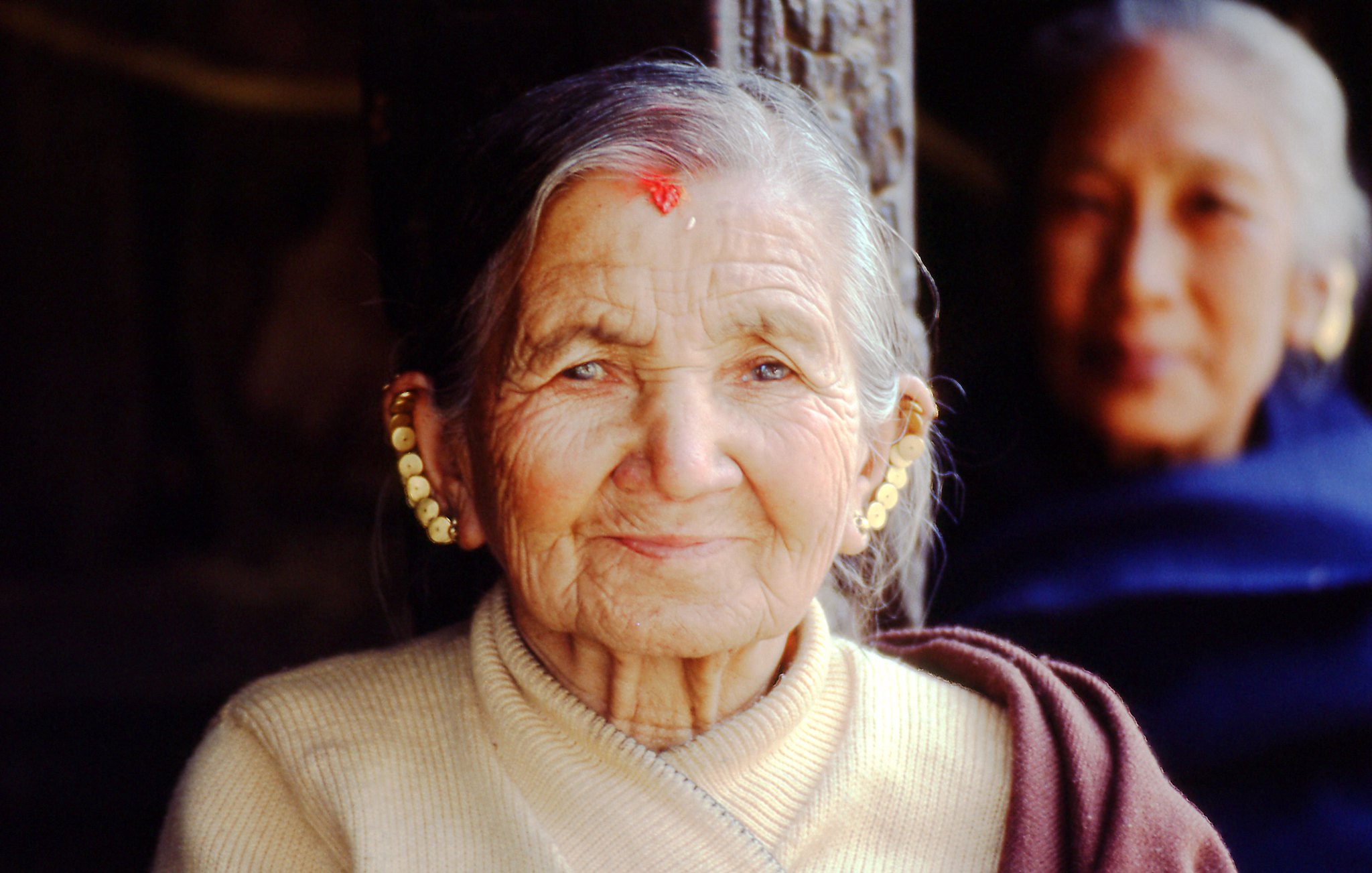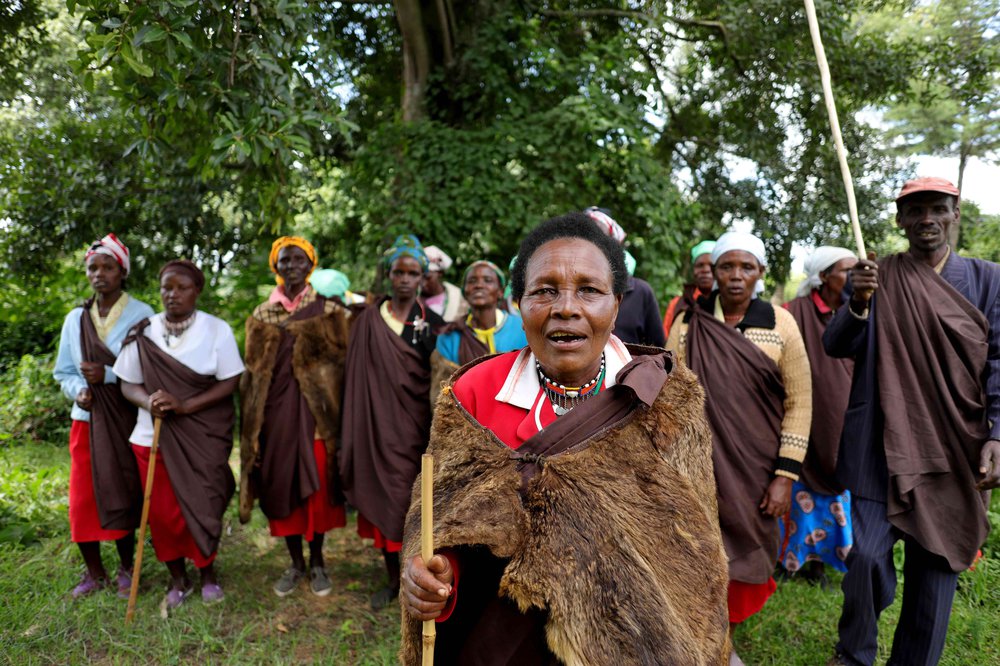Economic, social, and cultural rights (ESCR) are human rights concerning the basic social and economic conditions needed to live a life of dignity and freedom. They relate to work and workers’ rights, social security, health, education, food, water, housing, a healthy environment, and culture.
Human rights provide a common framework of universally-recognised values and norms, and set out state obligations to act in certain ways or to refrain from certain acts. They are an important tool to hold states, and increasingly non-state actors, accountable for violations and also to mobilise collective efforts to develop communities and global frameworks conducive to economic justice, social wellbeing, participation, and equality. Human rights are universal, inalienable, interdependent and indivisible.
In 1948, the United Nations General Assembly adopted the Universal Declaration of Human Rights (UDHR), outlining the basic civil, cultural, economic, political and social rights that all human beings should enjoy. In 1966, ESCR were expressed as legal rights in the International Covenant on Economic, Social and Cultural Rights (ICESCR) (which together with the UDHR and the International Covenant on Civil and Political Rights form the so-called International Bill of Rights), as well as through other key human rights treatiez and regional mechanisms. To date, more than 160 states have ratified the ICESCR. In addition, many states have articulated their commitment to ESCR through national constitutions and domestic law.
The ICESCR outlines a number of important principles in the realization of ESCR, which are often included in other ESCR sources as well. Under the ICESCR, a state must take steps “to the maximum of its available resources” to progressively realize ESCR. In particular, a state (including its subnational levels) has the obligations:
- to respect ESCR (itself refrain from any violation of ESCR);
- to protect ESCR (prevent third parties from violating ESCR);
- to fulfill ESCR (take necessary measures to realize ESCR, including through legislative, administrative, budgetary and other processes); and
- to seek and provide international assistance and cooperation in the realization of ESCR.
States must guarantee ESCR without discrimination on the basis of grounds specified in the ICESCR, including race, color, sex, language, religion, political or other opinion, national or social origin, property, and birth. In its work, the UN Committee on Economic, Social and Cultural Rights (CESCR) has identified additional prohibited grounds for discrimination, including disability, age, nationality, marital and family status, sexual orientation and gender identity, health status, place of residence, and economic and social situation. The elimination of discrimination, and certain minimum core obligations identified by CESCR in some of its general comments, are not subject to progressive realization but are immediate obligations.
The preamble of the UDHR confirms that “every individual and every organ of society” shall strive to promote respect for human rights and to “secure their universal and effective recognition and observance”; this extends to businesses, international and multilateral organisations, and other non-state actors.
The articulation of ESCR in international law followed long-term demands for these basic rights by people worldwide, and reflects concern for the life of every individual, particularly the most vulnerable, as expressed in many philosophical, religious and other traditions.
In an era of increasing economic globalisation and growing inequality within and between states, there is an urgent need for grassroots groups, NGOs, academics, and other organisations and individuals to unite to recognise connections between continuing, localised struggles and to realise the human rights of all persons in practice. In understanding instances and patterns of poverty and deprivation as violations of ESCR – rather than mere misfortune, events outside human control, or the result of individual shortcomings – an obligation is placed on states and, increasingly, on corporations and other non-state actors, to prevent and address such situations.
Around the world, the ESCR framework is used to bolster actions for justice and against oppression, and amplify progressive alternatives to enhance the enjoyment of ESCR. Activists have brought legal cases before UN treaty bodies, courts and other dispute resolution bodies to demand change, documented and publicised recurring violations, mobilised communities, developed legislation, analysed domestic budgets and international trade agreements to ensure compliance with human rights, and built solidarity and networks between communities locally and across the globe. ESCR unite women and men, migrants and indigenous people, youth and elders, of all races, religions, political orientations, and economic and social backgrounds, in a common realisation of universal human freedom and dignity.








